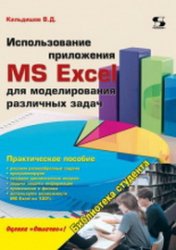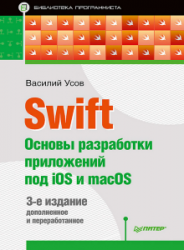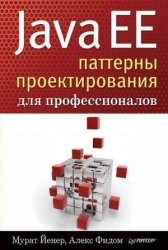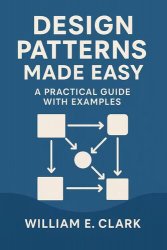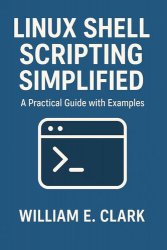- Добавил: literator
- Дата: 24-04-2025, 23:49
- Комментариев: 0
 Название: Deep Learning and Blockchain Technology for Smart and Sustainable Cities
Название: Deep Learning and Blockchain Technology for Smart and Sustainable CitiesАвтор: V. Subramaniyaswamy, G Revathy, Logesh Ravi, N. Thillaiarasu, Naresh Kshetri
Издательство: CRC Press
Год: 2025
Страниц: 382
Язык: английский
Формат: epub (true)
Размер: 10.4 MB
In this digital era, a smart city can become an intelligent society by using advances in emerging technologies. Specifically, the rapid adoption of Deep Learning (DL) in fusion with blockchain technology has led to a new digital smart city ecosystem. A broad spectrum of DL and blockchain applications promises solutions for problems in areas ranging from risk management and financial services to cryptocurrency to public and social services. Furthermore, the convergence of Artificial Intelligence and blockchain technology is revolutionizing the smart city network architecture to build sustainable ecosystems. However, these advances in technology bring both opportunities and challenges in creating sustainable smart cities. Deep Learning is a subset of Artificial Intelligence (AI) that mimics the human brain’s neural networks to process data and extract meaningful patterns and insights. It involves the use of deep neural networks with multiple layers of interconnected nodes to learn from large amounts of data and perform tasks such as image recognition, natural language processing, and predictive analytics. Key components of Deep Learning include convolutional neural networks (CNNs), recurrent neural networks (RNNs), and generative adversarial networks (GANs).



